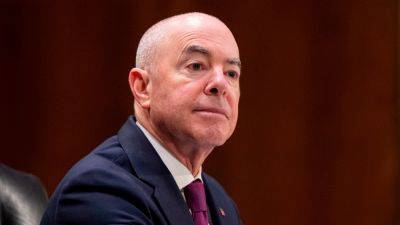New program will help feed millions of kids over the summer, but not all states are participating
CNN —
Nearly 21 million low-income kids should have an easier time affording food this summer, thanks to a new federal program that aims to reduce child hunger when school is not in session.
The Summer Electronic Benefit Transfer program, known as Summer EBT, will provide families with $120 per eligible child over the summer to buy food at grocery stores, farmers markets or other authorized retailers. Children who qualify for the free or reduced-price school meals program are eligible for the initiative, which began as a pilot project in 2011.
“Summer EBT is a proven game changer in the fight against child hunger,” Agriculture Secretary Tom Vilsack told CNN. “We think that we’re going to be able to make some progress in closing the summer hunger gap as a result.”
In total, nearly $2.5 billion in grocery benefits is expected to be distributed.
Some 35 states, all five US territories and four tribes have told the US Department of Agriculture that they will participate in Summer EBT this year, covering about 70% of the children eligible for the program. Additional states areexpected to sign up for next summer.
But several states, including Nebraska and Iowa, have said they would not join, labeling the program as an outdated Covid-19 pandemic relief measure.
Addressing hunger over the summer
Many low-income children suffer from increased hunger when they lose access to free and reduced-price school breakfasts and lunches over the summer.
Though the USDA runs summer food programs, only about 1 in 6 eligible children receive the meals, in part because of the strict rules governing their distribution. Being well fed over the summer also minimizes the learning loss many children experience when class is out.
T







